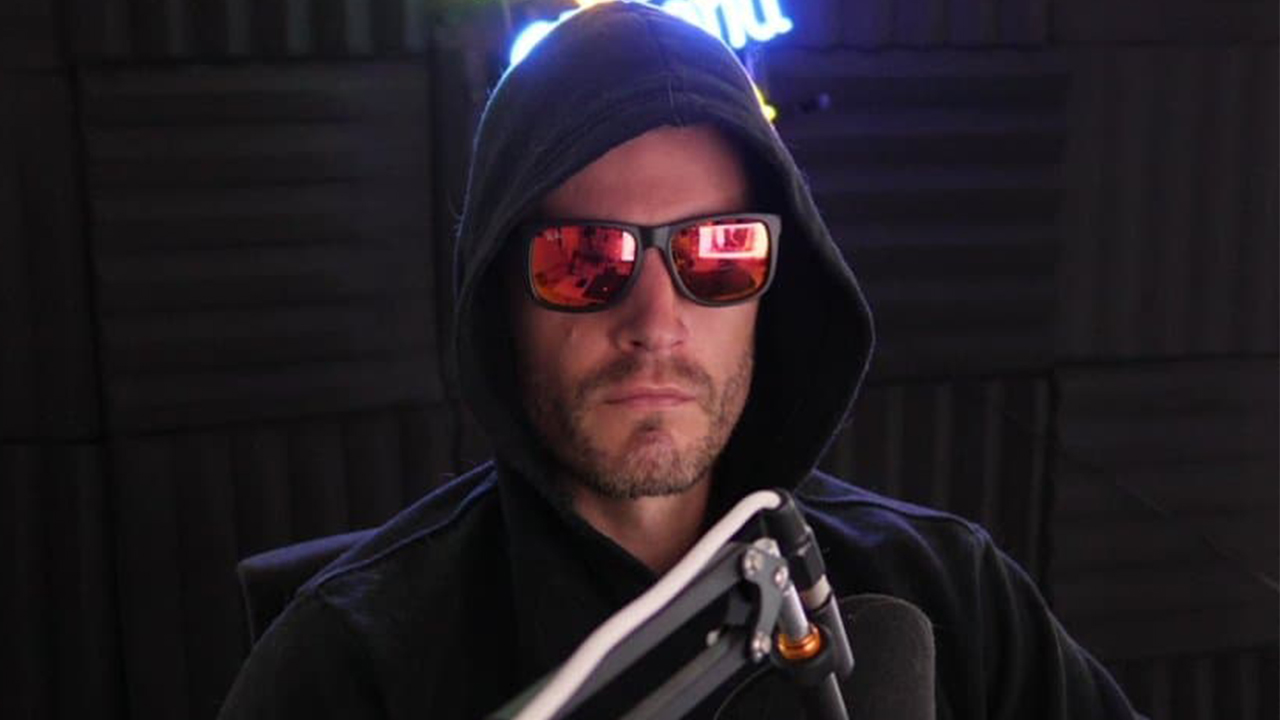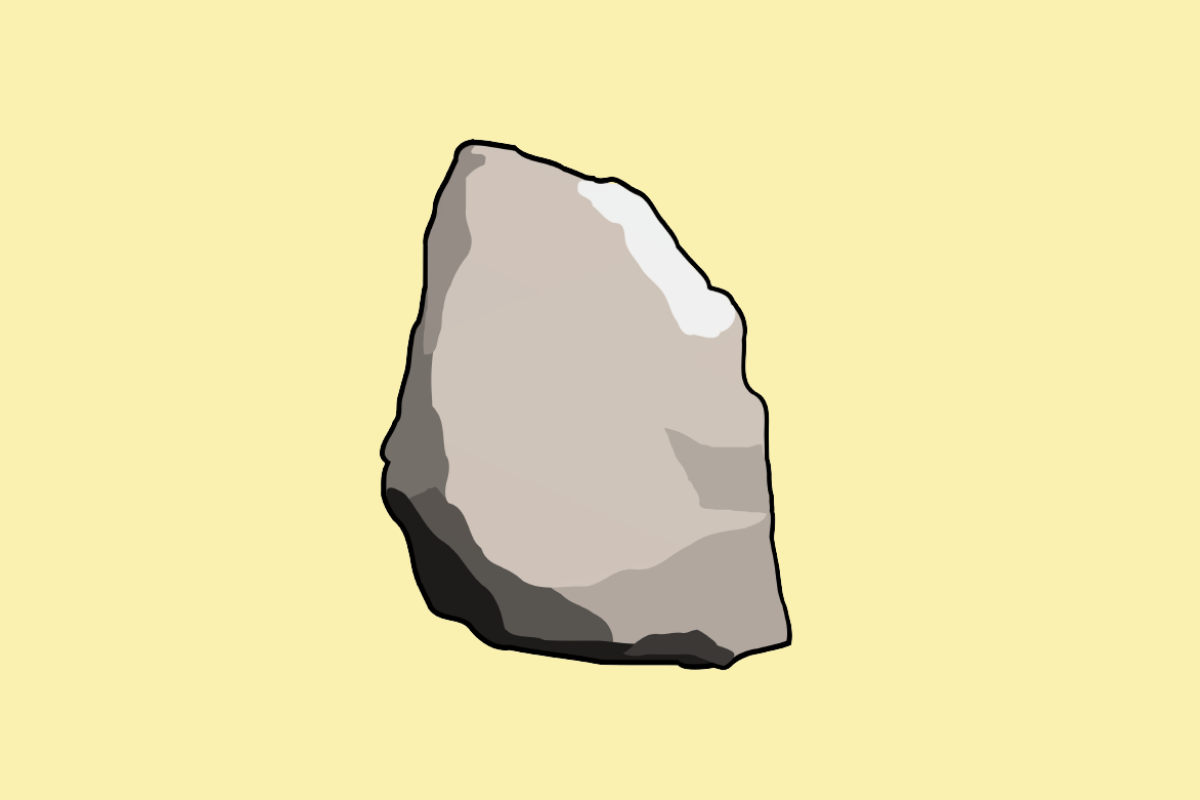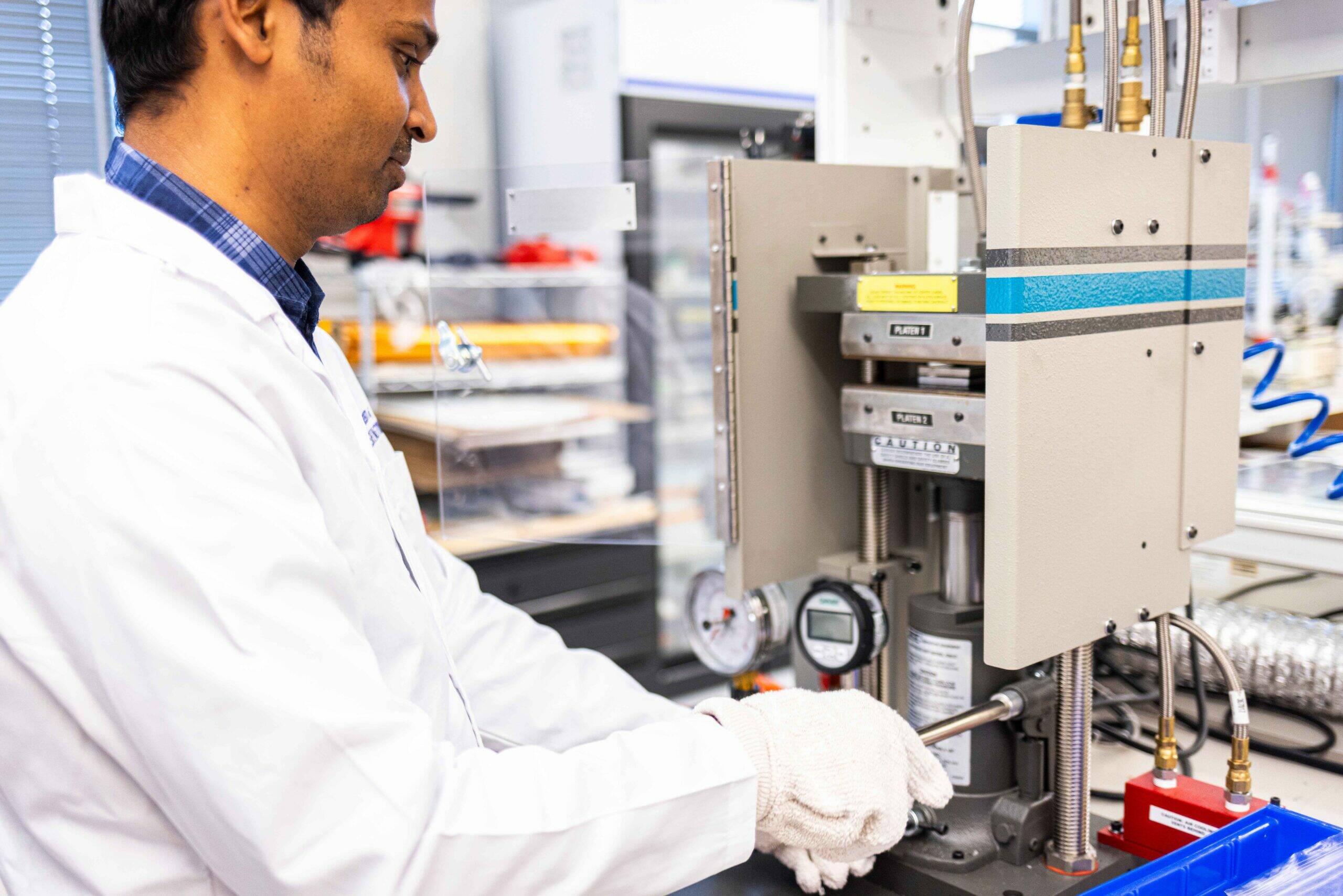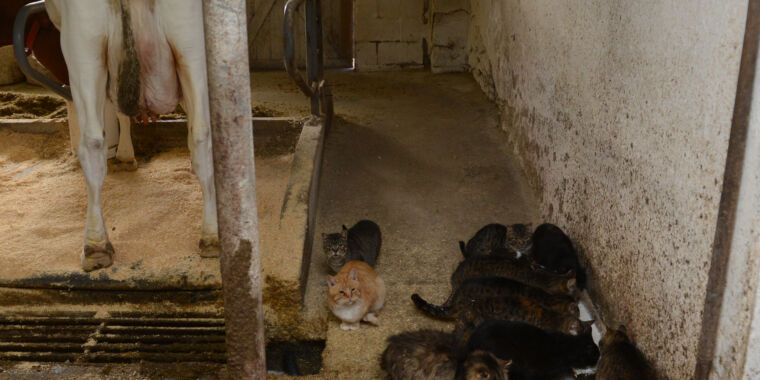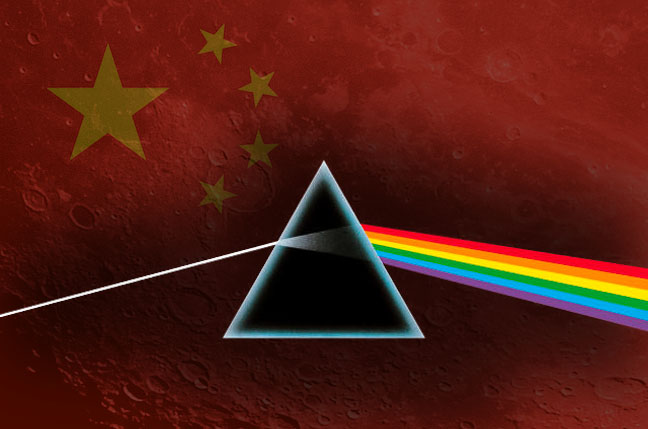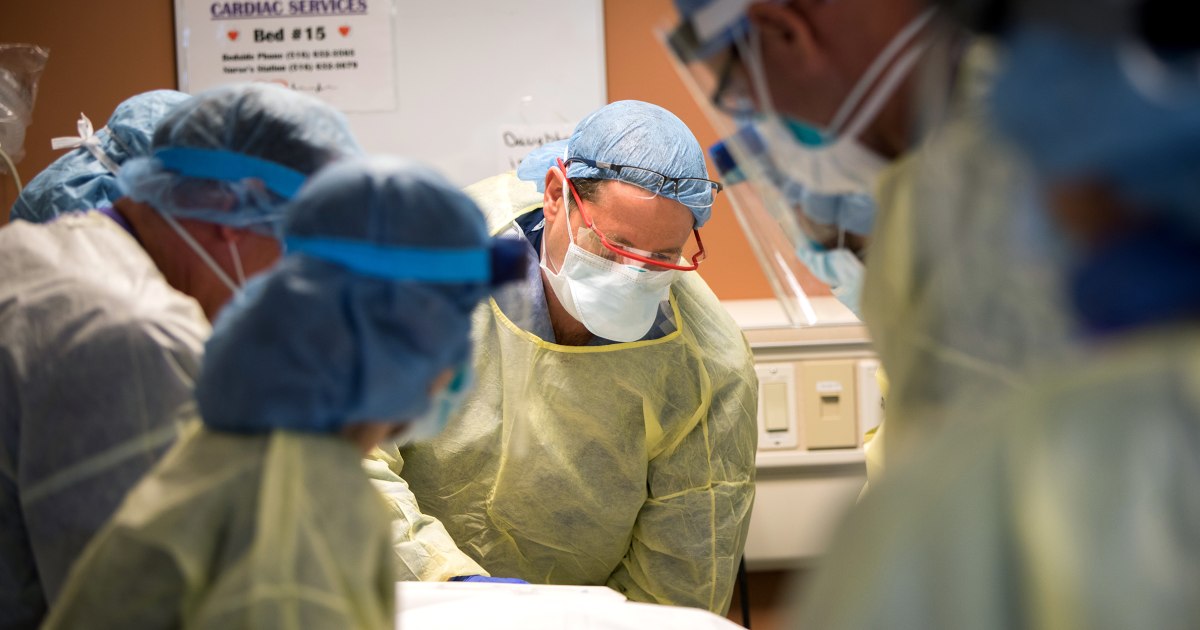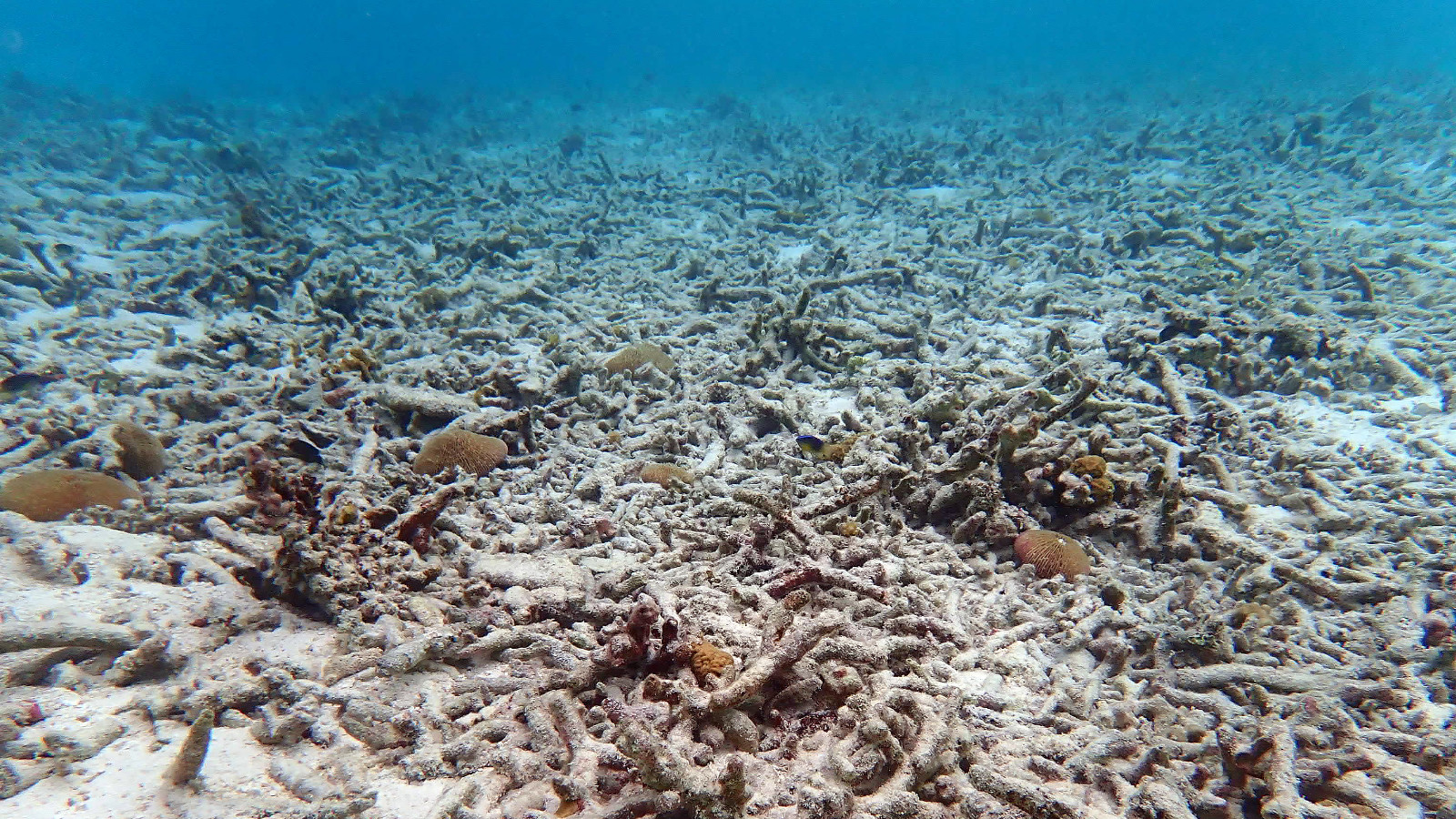
The Intrinsic Perspective
A scientist is, for better or worse, the closest thing we have to a secular priest. Much like taking a religious vow of poverty, scientists gain the benefit of a higher calling, along with the public perception of piety, for the tradeoff of low pay (at least, lower than what you could get in industry—successful scientists are usually financially comfortable). They are, at least supposedly, devoted to Truth with a capital-T. Which is why most people still highly approve of scientists, despite modern science being in practice a bundle of contradictions, living stuffed as it does within higher education institutions that are increasingly unpopular (public confidence in higher-ed has fallen rapidly, declining by 20% in the last eight years).
Occasionally I’ll get asked how one becomes a scientist, for I’ve been a working scientist. Actually, I still consider myself to be one, even though I left my professorship at Tufts University last year to take a break and focus mostly on writing, merely fiddling with papers in my free time. But before that I was named as one of the Forbes 30 Under 30 in science (to my chagrin), and have held positions or associations with a myriad of institutions, across different roles and across different research styles, from the hectically-busy Columbia University to the calmative (one might even say soporific) Institute for Advanced Study at Princeton.



